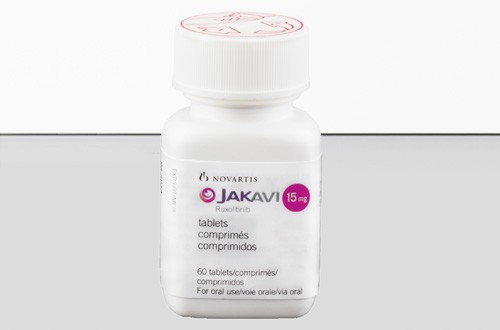
On the same day that drugs for blood clot and diabetes were recommended for NHS use in England and Wales, healthcare authorities rejected medicines from Novartis and Savient.
The National Institute for Health and Care Excellence (NICE), which provides healthcare guidance for England and Wales, said that both Novartis’ blood cancer treatment Jakavi (ruxolitinib) and Savient’s gout drug Krystexxa (pegloticase) were too expensive to recommend for NHS patients.
In final guidance for Jakavi, NICE said the drug was clinically effective in reducing spleen size and symptoms such as itch and fatigue in adults with an enlarged spleen associated with the haemolotogies primary myelofibrosis; post polycythaemia vera myelofibrosis; or post essential thrombocythaemia myelofibrosis.
However, the committee concluded that the drug “could not be considered a cost-effective use of NHS resources compared with best available therapy”, which comprises a range of treatments, including hydroxycarbamide, prednisone and epoetin alfa.
On top of this, NICE said that, although it was plausible ruxolitinib offered an overall survival benefit, it was unclear why this was so, leaving uncertainties in the evidence provided by Novartis.
In addition, the health technology assessment (HTA) body raised concerns about the limitations of the economic model provided by Novartis, claiming that it contained “assumptions” that increased levels of uncertainty about the drug’s cost-effectiveness.
“It is disappointing not to be able to recommend this new treatment in our final guidance,” said Sir Andrew Dillon, chief executive at NICE, “but in order to do this we have to be sure that the treatment is both clinically and cost effective, because money has to be diverted from elsewhere in the health service to pay for it.”
Savient faces Krystexxa rejection in severe gout
NICE also released final guidance on Savient’s Krystexxa, which was denied recommendation for use in the treatment of adults with severe debilitating chronic tophaceous gout.
Gout is a form of arthritis that causes painful inflammation in the joints. It becomes ‘tophaceous’ when uric acid crystallises in masses called tophi that appear over time in joints, bones and cartilage, leading to joint damage and deformity.
NICE’s committee determined that Krystexxa was effective in lowering the level of uric acid in the blood for a significant proportion of patients with severe gout, and could both eliminate tophi and improve the overall wellbeing of patients.
However, the cost per quality-adjusted life-year (QALY) for Krystexxa in this indication was considered to be over £54,000 – well over the £30,000 threshold NICE considers a cost-effective treatment.
“Given the uncertainties around the assumptions in the manufacturer’s analyses, and the risk of adverse reactions, along with the high cost compared with the known benefit, the Committee concluded in this final guidance that pegloticase had not been shown to be a cost-effective use of NHS resources as a treatment option for this condition,” said Professor Carole Longson, director of the Health Technology Evaluation Centre at NICE.




